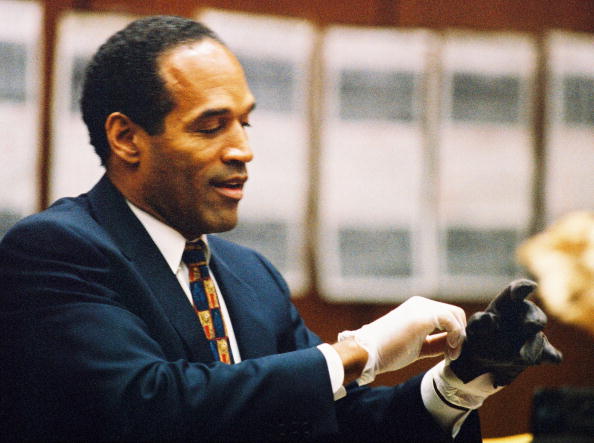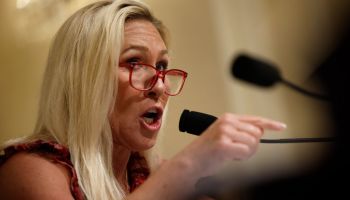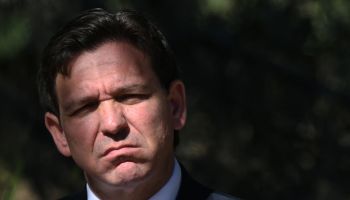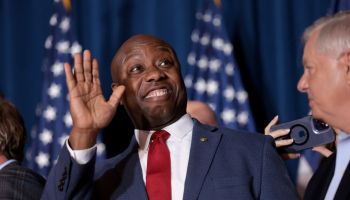The previously urgent bailout plan stalled significantly yesterday as House Republicans — under John McCain’s lead — refused to pass a bill without specified conditions.
Republican leaders are definitively opposed to passing a plan that allows CEOs to remain blameless while giving taxpayers no equity share in the deal they will essentially sponsor with their wages.
McCain has been accused of political grandstanding after just saying last week that the “fundamentals of the American economy” are strong and then hastily drawing back his assessment just days later. Both Senators John McCain and Barack Obama hope to stamp this bill with their legislative signature, but Secretary of the Treasury Henry Paulson wants free reign to decide how the record 700 billion dollars is allocated. In the proposed plan, Paulson asked for no oversight or judicial review from any administrative agency. President George W. Bush, in a speech Wednesday night, emphasized the importance of a speedy bailout without disclosing what the effects of the proposed plan might be.
House Democrats like Senator Chuck Schumer and Chris Dodd have taken the proactive stance of getting the bill passed, also demanding oversight from governing bodies but suggesting a gradual payout that would begin with 150 billion dollars from the Federal Reserve.
President Bush has tried to calm the storming parties — especially his own — in the name of financial need. But, in the end, he has become a bit player in the presidential candidates’ shuffle to take credit for the bill responsible for saving the economy:
From AP:
“There are disagreements over aspects of the rescue plan,” he said, “but there is no disagreement that something substantial must be done. We are going to get a package passed.”
On Wall Street, the level of institutional nervousness was palpable, with stocks bouncing up and down, especially after Washington Mutual Inc. became the largest U.S. bank to fail. The Dow Jones industrial average initally fell while fears of a deepening economic crisis fed safe-haven buying in Treasury notes.
Earlier Friday, House Financial Services Chairman Barney Frank declared that an agreement depends on House Republicans “dropping this revolt” against the Bush-requested plan.
Some have accused the dissenting Republicans as staging this revolt as a means to give John McCain a boost where he has fallen in the polls. The Senator’s admitted lack of knowledge on economic issues has been tested these past two weeks, and a decisive role in the passage of a historic bill could help that drooping public perception. Senator Barack Obama seems focused on negotiating with the moderate Republicans and Democrats about the best plan for taxpayers.
House Democrats have roundly attacked Mr. McCain as being merely a “blip” (Majority leader Nancy Pelosi) and Sen. Barney Frank (D) of Massachusetts has also commented on John McCain seeking a “photo-op” in the eleventh hour deal.
At present, Congress has the outline of a plan, but it has not reached the 100-vote count necessary to move forward. Sen. Barack Obama commented this morning that he believed the infighting would cease in time to build a sufficient framework.
From Reuters:
U.S. presidential candidate Barack Obama said on Friday that talks between lawmakers and the White House over a proposed $700 billion financial bailout were yielding progress and a deal is possible.
Sen. Obama’s optimism notwithstanding, it’s clear that the terms of such a vast financial safety regulation, one that would affect all the major banks, lenders, creditors and realtors, have been difficult to determine.
















